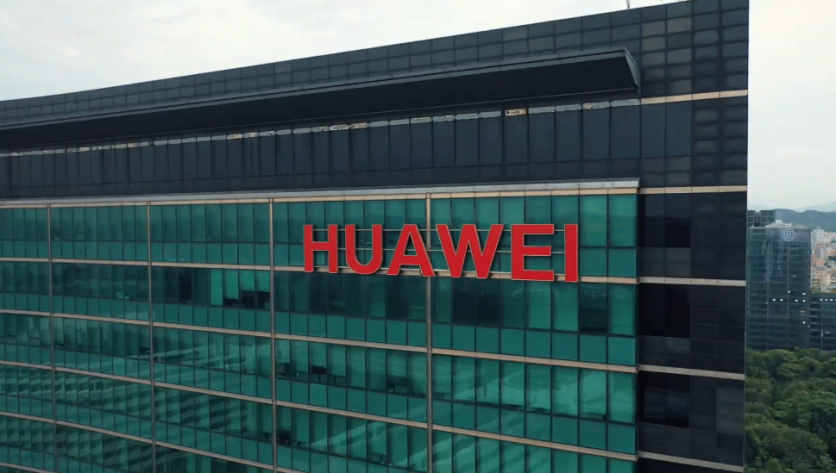
Huawei has definitely experienced a massive setback as profits dip due to the previous ban of Huawei product sales in the United States. While the company has decided to diversify itself into mining and hog raising, a tweet revealed that the company believes in a holistic strategy as the solution for cybersecurity threats as opposed to directly targeting specific countries or companies.
Huawei Expands Focus
Cybersecurity is one of the largest problems in this day and age and it was around this reason that the United States government has decided to block the sales of Huawei products in the United States. According to an article by The Washington Post, Huawei is now very reliant on the Chinese market for its sales.
An article by BBC elaborates the efforts made by Huawei to survive through venturing into different industries. The most shocking shift by Huawei is their decision to venture into the hog raising industry. While hog raising has generally been known to be profitable, this is a shocking move made by one of China's largest smartphone companies.
Xiaomi Beats Huawei
An article by SCMP notes that Xiaomi has even gotten the title of China's number one king in the production of smartphones. Due to Huawei struggling due to trade restrictions made directly towards its company, sales have dropped drastically even pushing Huawei to explore other non-smartphone options.
Huawei has recently Tweeted out a statement with a link to an article by Forbes talking about the unintended impact of "blacklisting" directly on the future of domestic AI development. The article talked about how Chinese companies utilizing and developing very important AI technologies like Xiaomi, Huawei, and TikTok were targeted. The whole logic of the US ban was to work only through "trusted" suppliers and that the US would benefit from a better "clean network" that would be impervious to cyberattacks.
Read Also: Huawei Turns to Pig Farming, Mining as Smartphone Sales are Expected to Dip by Up to 60% This 2021
Holistic Strategy Effective?
This did not work, however, as the SolarWinds attack last December showed hackers working for Russian intelligence infecting a Texas-based IT firm or what the article gave the parenthesis "trusted supplier." Solarwinds customers included the US Department of Defense, Treasury, Commerce, State, Energy, and a number of governments and companies spread across at least seven different companies.
Scott Klososky, Founding Partner at the Future Point of View noted that blacklisting these Chinese companies, although politically appealing, proved to be another wholly ineffective approach towards network security. He also noted that what is needed is a "holistic strategy" to protect the country. Scott Klososky has also written a paper regarding this topic called Blacklisting Our Future
Huawei shared this article with the explanation that digital nationalism directly targeting certain countries or companies is generally an ineffective approach towards cybersecurity. It was noted that what is really needed is a holistic strategy that would guard people from all threats while still being able to allow the proliferation of important tech like AI.
Related Article: Huawei Expects Smartphone Orders to Drop 60% to 70 Million
This article is owned by Tech Times
Written by Urian Buenconsejo
ⓒ 2025 TECHTIMES.com All rights reserved. Do not reproduce without permission.




